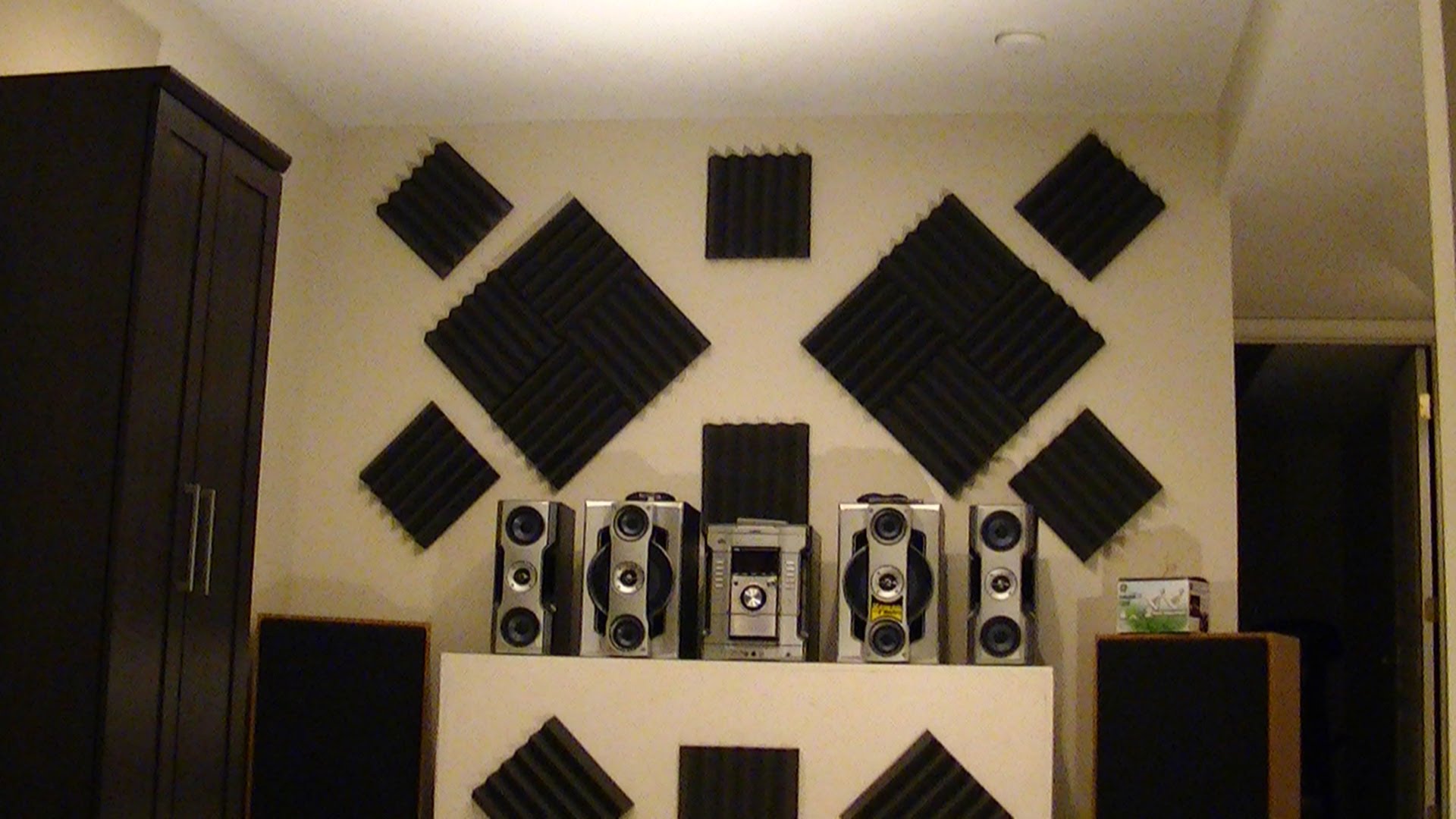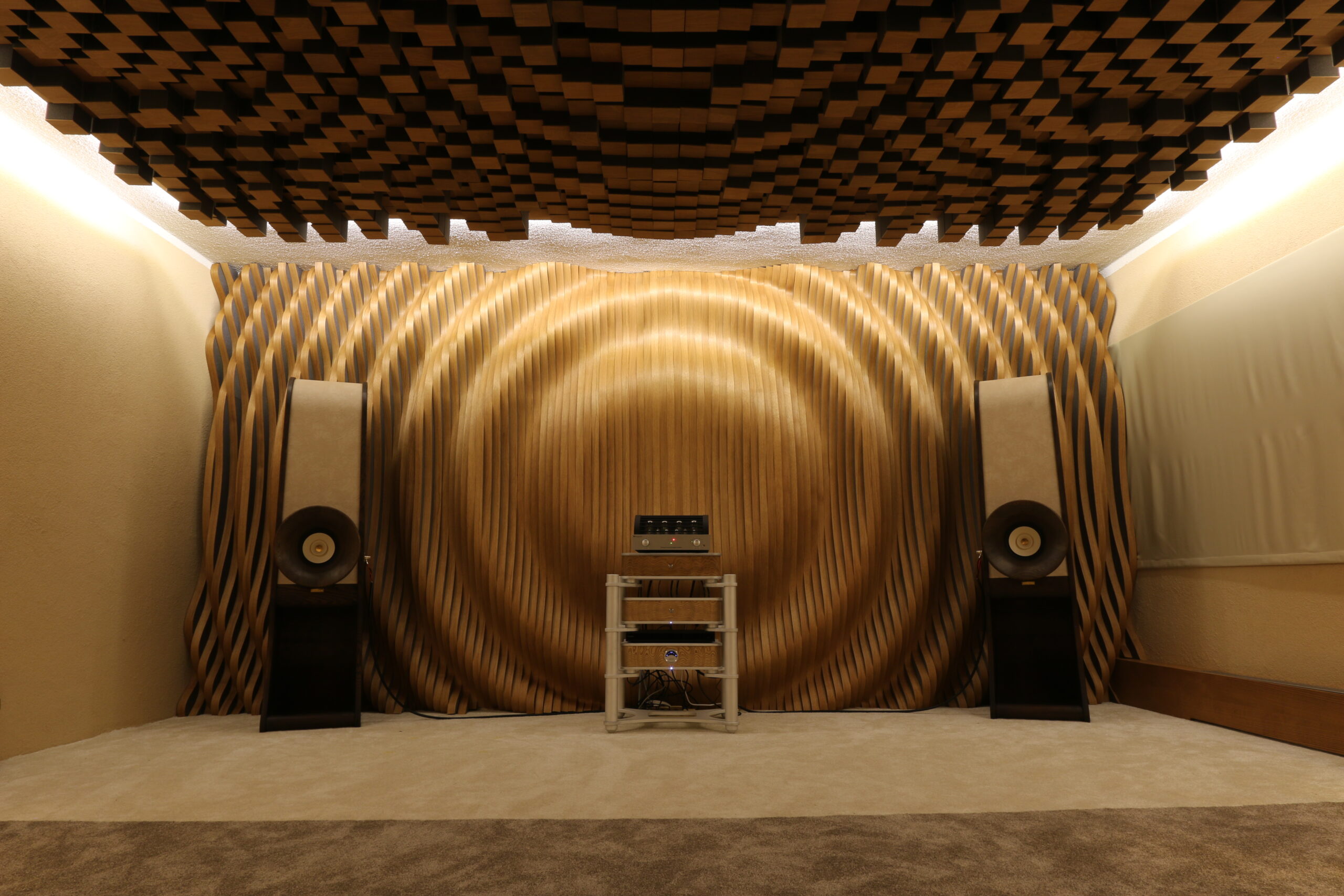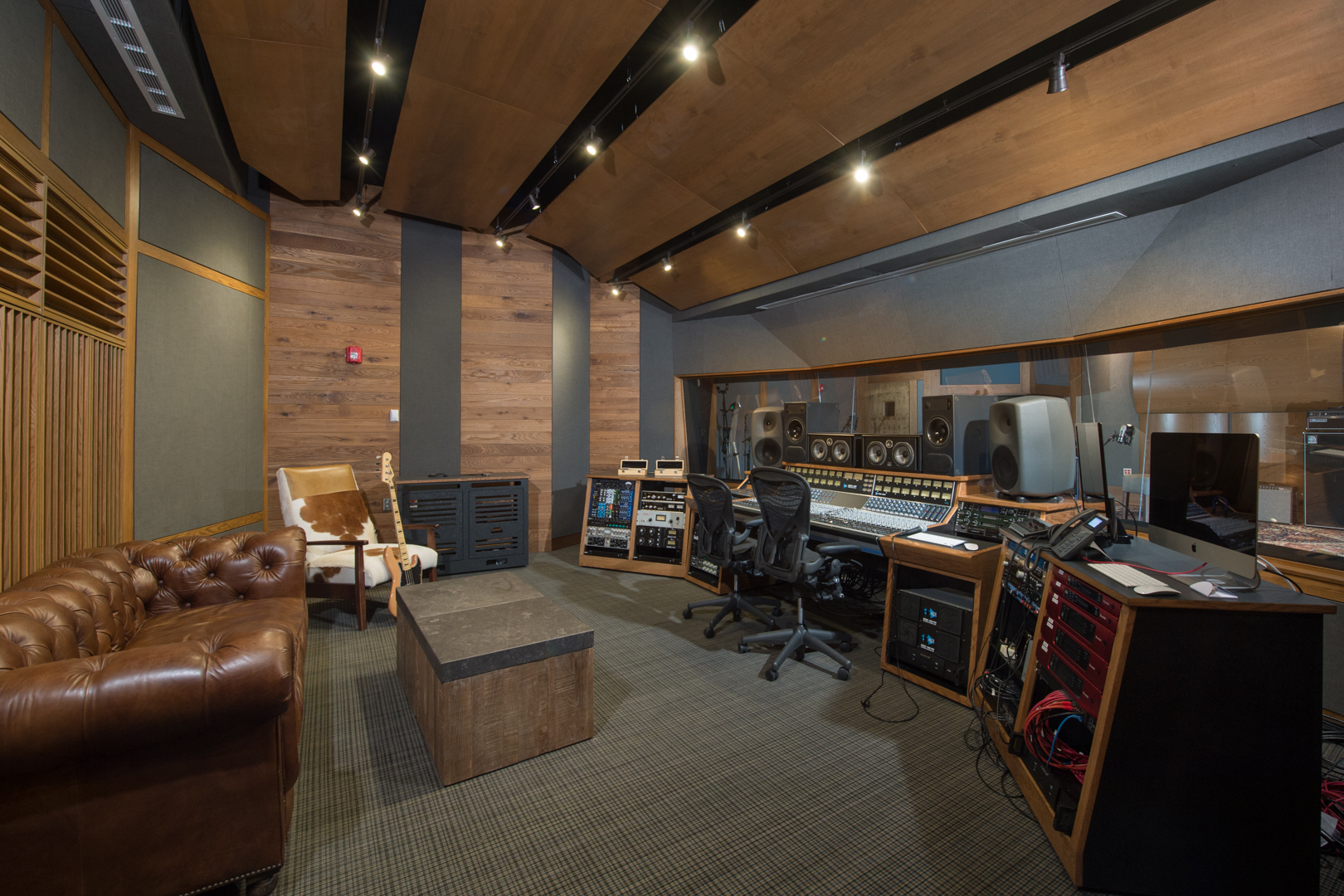
The Importance of Acoustic Design in Homes
When it comes to designing our homes, we often focus on factors such as aesthetics, functionality, and comfort. However, one crucial aspect that is often overlooked is the acoustic design. The way sound behaves in a space can greatly impact our well-being and overall quality of life. In this article, we will explore the concept of soundscape and delve into the importance of acoustic design for creating quieter homes.
Understanding Soundscape: The Role of Acoustic Design

Soundscape refers to the acoustic environment that surrounds us. It encompasses all the sounds we hear in a specific space, including both natural and human-generated sounds. The quality of our soundscape has a significant impact on our daily lives. A well-designed soundscape can enhance our concentration, relaxation, and overall sense of well-being, while a poor soundscape can lead to stress, fatigue, and even health issues.
Acoustic design plays a crucial role in shaping the soundscape of a space. It involves the careful consideration of various factors, such as room layout, materials used, and sound-absorbing surfaces. By implementing effective acoustic design principles, we can create spaces that are not only aesthetically pleasing but also acoustically comfortable.
The Impact of Noise Pollution on Our Health

In today's fast-paced world, noise pollution has become a significant concern. The constant exposure to unwanted sounds can have detrimental effects on our health. Research has shown that prolonged exposure to high levels of noise can lead to various physical and psychological issues, including:
- Hearing loss
- Increased stress levels
- Disturbed sleep patterns
- Impaired cognitive function
- Cardiovascular problems
Creating quieter homes through effective acoustic design can help mitigate the negative impact of noise pollution on our health. By reducing noise levels and creating a more peaceful environment, we can promote better sleep, enhance concentration, and improve overall well-being.
Principles of Acoustic Design for Quieter Homes

To achieve quieter homes, it is essential to incorporate effective acoustic design principles. Here are some key considerations to keep in mind:
1. Room Layout and Configuration

The layout and configuration of a room can significantly impact its acoustic properties. Avoid long, narrow spaces that can cause sound to reverberate and create echoes. Opt for open floor plans with strategic placement of furniture to help diffuse sound waves.
2. Sound-Absorbing Materials

Choosing the right materials for your home can make a world of difference in terms of sound absorption. Soft and porous materials, such as carpets, curtains, and upholstered furniture, can help absorb sound and reduce echo. Consider using acoustic panels or ceiling tiles specifically designed for noise reduction.
3. Noise Insulation

Proper insulation is crucial in preventing external noise from entering your home. Ensure that windows and doors are well-sealed to minimize sound transmission. Consider using double-glazed windows or adding soundproofing materials to walls for enhanced noise insulation.
4. Soundproofing Techniques

In addition to insulation, soundproofing techniques can further minimize the transmission of sound within your home. This can include adding extra layers of drywall, using soundproof curtains or blinds, and installing soundproofing panels on walls.
The Benefits of Quieter Homes

Investing in acoustic design to create quieter homes offers numerous benefits. Some of the key advantages include:
- Improved concentration and productivity
- Better sleep quality
- Reduced stress and anxiety
- Enhanced overall well-being
- Increased property value
Quieter homes provide a peaceful sanctuary where individuals can relax, rejuvenate, and thrive. The positive effects of a well-designed acoustic environment extend beyond physical comfort and can have a profound impact on our mental and emotional well-being.
Conclusion

In conclusion, acoustic design plays a vital role in creating quieter homes that promote well-being and comfort. By understanding the concept of soundscape and implementing effective design principles, we can mitigate the negative effects of noise pollution on our health. From room layout and sound-absorbing materials to noise insulation and soundproofing techniques, each aspect of acoustic design contributes to a more peaceful and tranquil living environment. Investing in acoustic design is a valuable investment in our overall quality of life.